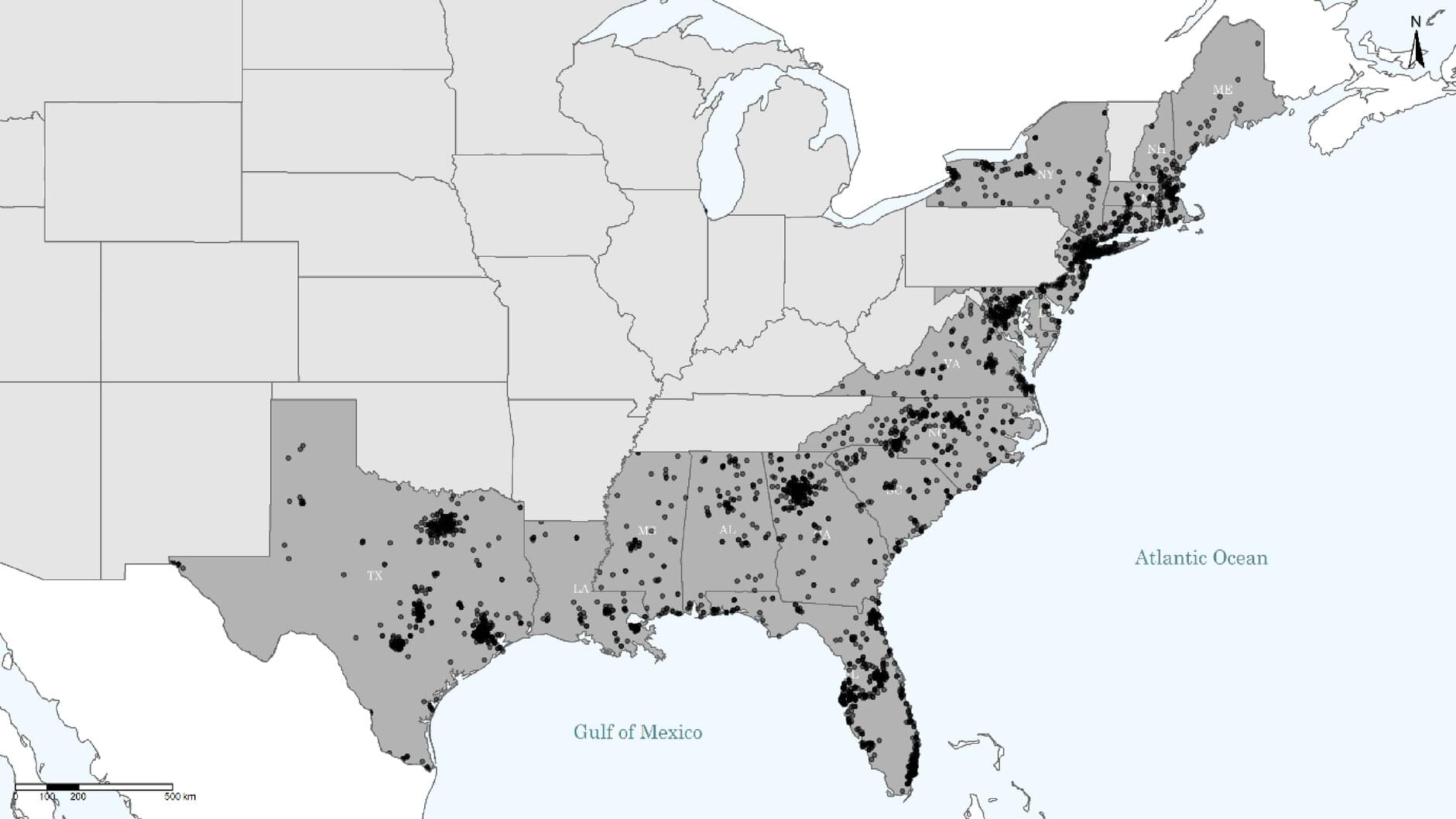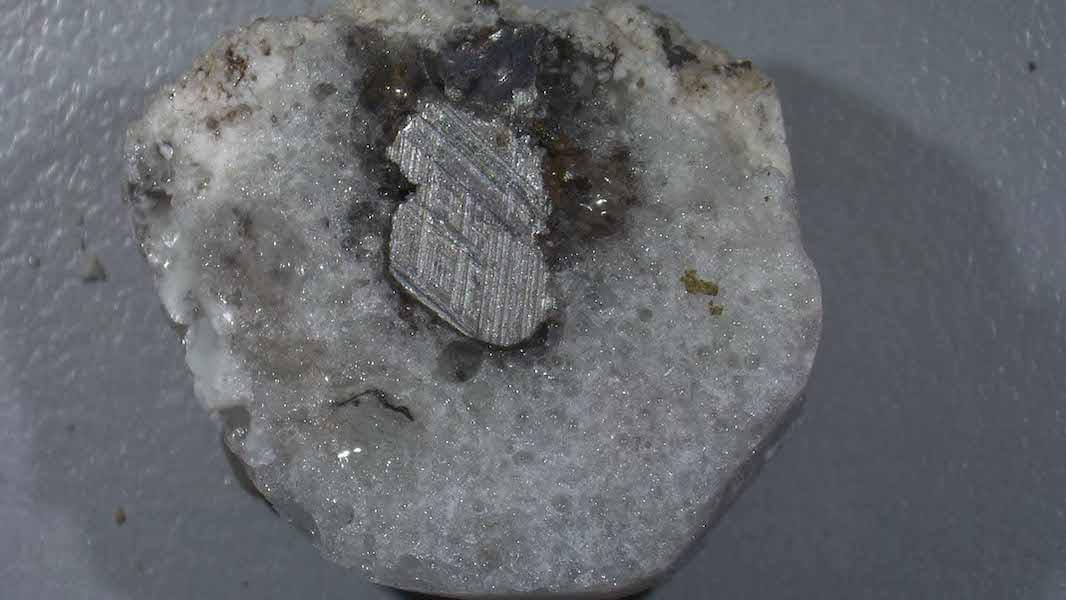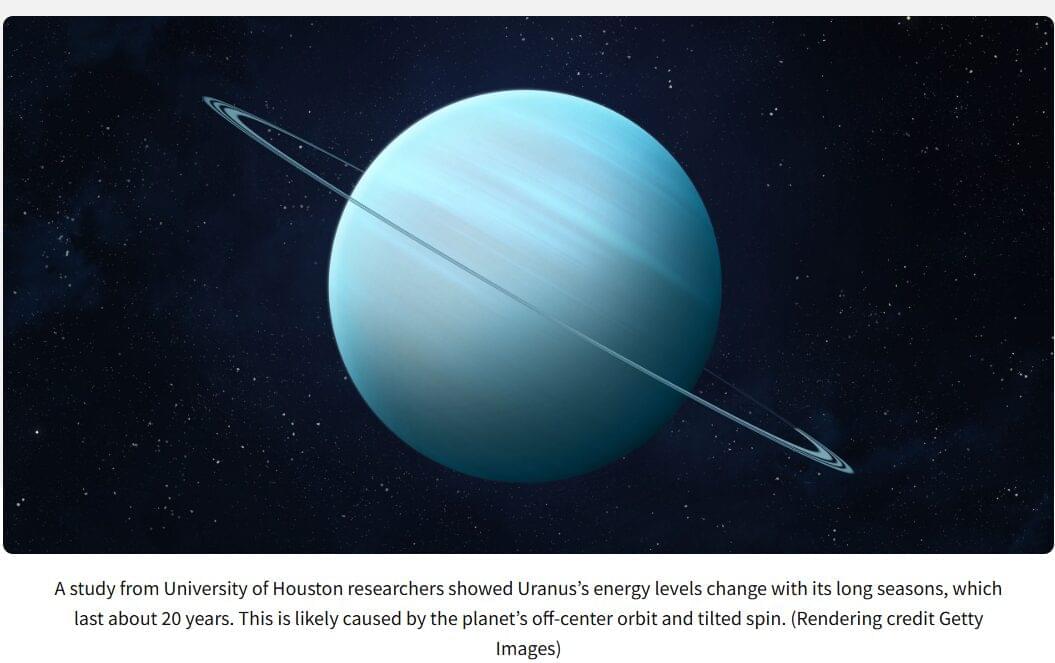Wind alone does not account for all hurricane-related fatalities. Storm surge and rainfall do as well. Yet the current warning system—the Saffir-Simpson Hurricane Wind Scale—measures a storm’s strength solely by wind speed.
A new research paper published in Nature Scientific Reports and co-authored by Jennifer Collins, a hurricane researcher and University of South Florida geosciences professor, argues that in order to keep people safe, it’s time for a change. The authors propose replacing the SSHWS with the Tropical Cyclone Severity Scale, which incorporates storm surge and rainfall in addition to wind.
“Frequently, people use the storm’s category to decide whether to evacuate,” Collins said. “That’s incredibly dangerous because if they hear it’s only a tropical storm or Category 1, too often no alarm bells go off, and they see no cause for concern.”






